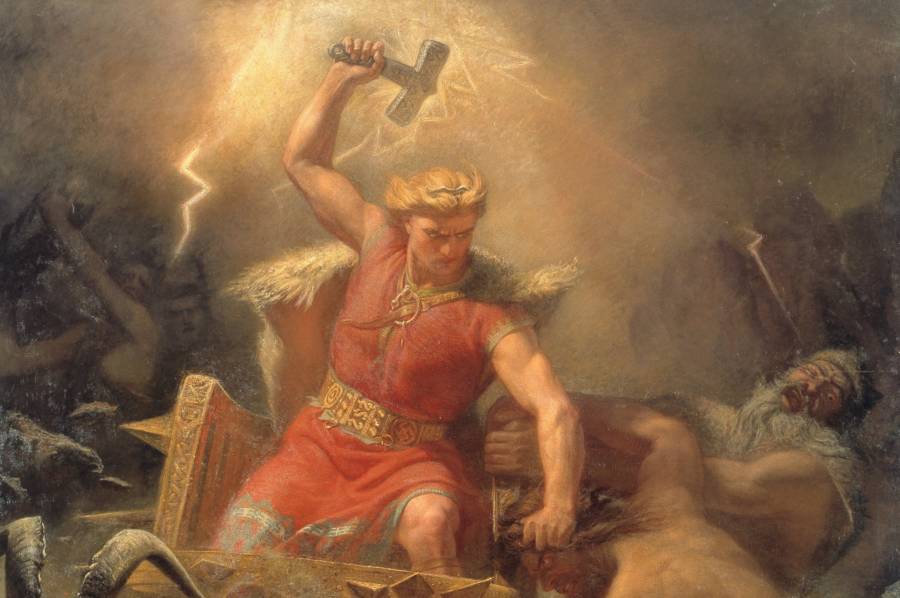I spent a good part of my weekend procrastinating on the Internet trying to come up with something to write for this week’s blog post. I made a draft of some ideas I could develop, researched some topic, and did some reading but no, I couldn’t find a topic that interested me enough.
At 8.30 pm tonight, I had almost given up.
I decided to get creative with an exciting selection of frozen food I had in the freezer, a sad-looking head of broccoli and finally make dinner. As I was doing that, I yelled “Hey Siri! Play the Global News Podcast” as I normally do most evenings when making food. I don’t really read the news so this podcast from the BBC that comes out twice a day is how I have a rough idea of what is happening in the world. This evening, I was listening to the episode released yesterday night (29th September), which is, however, presented as today morning’s news.
I was 15 minutes into the podcast and everything was (sadly) pretty standard: no-deal Brexit updates, Boris Johnson’s new harassment allegation, and Trump VS Biden; so I carried on chopping my broccoli.
But then my iPhone announced that
“people living in India administered Kashmir have been cut off from mobile and Internet network for more than 50 days – after security clamped down by the Indian authorities, some human rights groups argue it is an infringement of the people’s human rights – but the Indian Home Minister, Amit Shah, has rejected that.”
That caught my attention.
Here follows a summary of this podcast’s segment:
- 8 million people have been cut off from the Internet, cable TV, mobile and landline network for 50 days – “a total blackout of communication”
- Described as a “terrible situation”
- People are using old radios to communicate and find out what is happening in and outside their region
- It is an action taken by the Indian government, which initially justified it as a way to control protests, hence control violence and reduce deadly incidents
- People are forced to a curfew and several restrictions of movement
- People agues such decisions violate basic human rights
- The government now says that they have eased the restrictions, landline has been restored in many areas and that what has been done is not a violation of human rights as “it is possible to live for a couple of days without a mobile phone” (as repeated by the BBC reporter)
- Mobile network and the Internet are still suspended
- In the past years, social media was the only way for people in the region to find out what was happening in the world and allowed communication with their relatives
I want to clarify that in this post, I am not going to get into the political and historical issues that led to the decision taken by Amit Shah and the Indian government. I am not knowledgeable enough on the topic and would risk making some inaccurate or inappropriate comments.
But something I want to comment on is the statement that having access to the Internet is a basic human right as it allows free communication and access to information.
Such declaration surprised me at first. I always saw the world wide web as a privilege, but never as a right. This may have to do with what I use the internet for. I surely do use it for studying and communicating with my family, but the Internet to me is very often a ‘time-waster’, a ‘past-time’ and I mostly use it for ‘superficial'(?), ‘irrelevant'(?) or ‘shallow'(?) – I am not sure what the right word could be – reasons. For example, I frequently do not immediately answer to messages from my family or friends when I receive them but, instead, I carry on watching a “DIY: how to make a throw blanket” video on YouTube. And I am often more interested in taking a BuzzFeed quiz on how much Harry Potter knowledge I have rather than scrolling through the news.
This makes me think of my previous blog post and makes me question whether I am using the Internet correctly.
While I do believe that in the modern days and age being informed is or should be a duty; I also think that access to information must be a right. But as I normally associate the Internet to the ‘duty’ part of my previous stamente, I rarely do the same with the ‘rights’ aspect. In other words, I never made the connection between the Internet and human rights, yet I do consider access to information as a right and, if I were asked to, I would also define the world wide web as an accessible infinite source of information.
I’m finding this concept to be tricky to figure out and especially it is difficult for me to understand why I have never seen the Internet in this light. As for now, I am still trying to process this new understanding of the Internet and I hope that my confused thoughts made some sense.
For the moment, I think I’ve just used this post as an initial personal reflection on the topic, yet from the link between rights, freedom and the ‘online world’ there are many more issues that can be explored. If developed, the discussion can become way more complicated than what I have just introduced in this post. This issue could be extended on to topics such as ‘freedom ON (rather than OF) the Internet’ – as done in this article from The Telegraph India, and touch on themes like morality and ethics.



Recent Comments